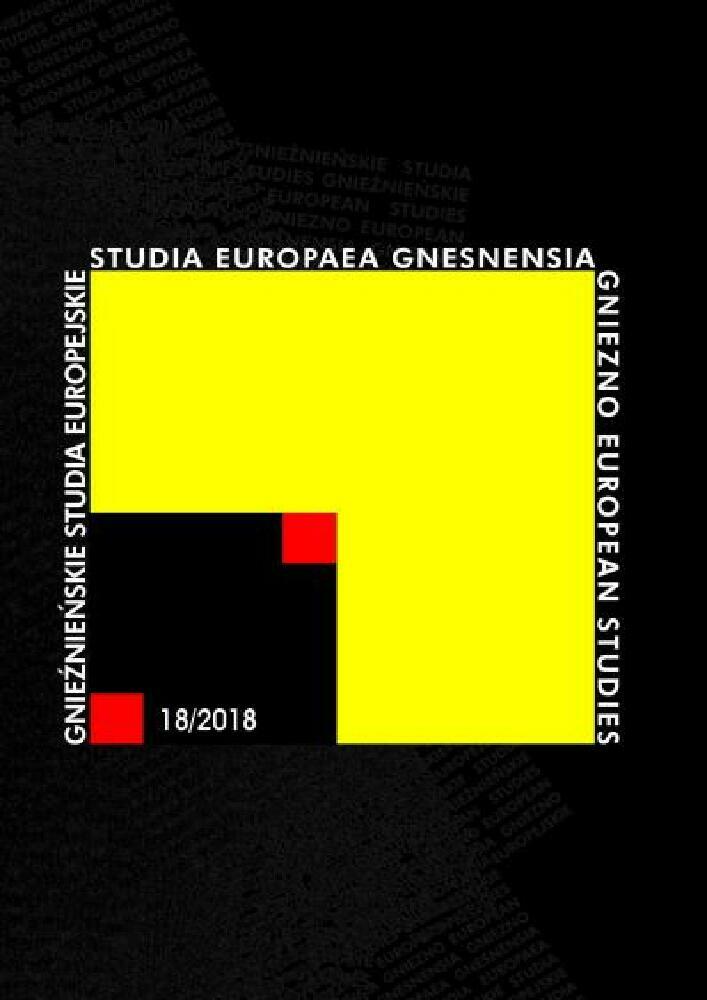Abstract
The chief aim of this paper is to outline the concept of sustainable development which is integrated into the doctrine of a relatively novel world religion known as the Bahá’í Faith. The study focuses on the description of causes behind the crisis and potential solutions as they are seen by the Baha’is, by means of analysis of their Sacred Writings and more profound insights into the doctrine, in particular where it concerns ecology and social-economic development.
Riferimenti bibliografici
‘Abdu’l-Bahá 2010, Selections from the Writings of ‘Abdu’l-Bahá, Wilmette.
‘Abdu’l-Bahá 1990, Some Answered Questions, Wilmette.
Abdu’l-Bahá 1982, The Promulgation of Universal Peace: Talks Delivered by ‘Abdu’l-Bahá during His Visit to the United States and Canada in 1912, Wilmette.
Abizadeh A. 2005, Democratic Elections without Campaigns? Normative Foundation of National Bahá’í Elections, World Order 37, 1, s. 7-49.
Adamson H.C. 2007, Historical Dictionary of the Bahá’í Faith, Lanham, Toronto, Oxford.
Bahá’í World Centre 1992, The Bahá’í World: a biennial international record, Haifa.
Bahá’u’lláh 2005, Gleanings from the Writings of Bahá’u’lláh, Wilmette.
Bahá’u’lláh i in. 1991, Conservation of the Earth’s Resources, [w:] Research Department of the Universal House of Justice, Compilation of Compilations, 1, Mona Vale, s. 65-91.
Bowers K.E. 2004, God Speaks Again: An Introduction to the Bahá’í Faith, Wilmette.
Brown K., von Kitzing E. 2001, Evolution and Bahá’í Belief: ‘Abdu’l-Bahá’s Response to Nineteenth-century Darwinism, [w:] A.A. Lee, K. Brown (red.), Studies in the Bábí and Bahá’í Religions, 12, Los Angeles, s. 5-133.
Buck C. 2012, Fifty Bahá’í Principles of Unity: A Paradigm of Social Salvation, Bahá’í Studies Review, 18, s. 3-44.
Corduan W. 2006, Pocket Guide to World Religions, Downers Grove.
Devall B., Sessions G. 1985, Deep Ecology: Living as if Nature Mattered, Salt Lake City.
Dołęga J.M. 2006, Ekofilozofia – nauka na progu XXI wieku, Studia Włocławskie, 9, s. 69-81.
Haigh M.J. 2009, Promoting Environmental Education for Sustainable Development: The Value of Links between Higher Education and Non-Governmental Organizations (NGOs), [w:] B. Chalkley, M. Haigh, D. Higgitt (red.), Education for Sustainable Development: Papers in Honour of the United Nations Decade of Education for Sustainable Development (2005-2014), London-New York, s. 175-198.Hartz P. 2009, Bahá’í Faith, New York.
Hatcher J.S. 2005, The Purpose of Physical Reality, Wilmette.
Jaromi S. 2004, O trudnych pytaniach, ludziach i (pozostałej) przyrodzie. Ekologia głęboka a ochrona przyrody, Studia Ecologiae et Bioethicae, 2, s. 107-122.
Jensen T. 2008, Alliance of Religion and Conservation, [w:] B. Taylor (red.), Encyclopedia of Religion and Nature. 1: A-J, London-New York, s. 34-35.
Karlberg M. 2009, Bahá’í, [w:] W. Jenkins, W. Bauman (red.), Berkshire Encyclopedia of Sustainability, 1: The spirit of sustainability, Great Barrington, s. 28-32.
Lepain J.-M. 2010, The Tablet of All Food: The Hierarchy of the Spiritual Worlds and the Metaphoric Nature of Physical Reality, Bahá’í Studies Review, 16, s. 43-60.
Livingston J.A. 1986, Ethics as Prosthetics, [w:] P.P. Hanson (red.), Environmental Ethics: Philosophical and Policy Perspectives, Burnaby, s. 67-81.
Marangella J.B. 2005, The World Order of Bahá’u’lláh Continues to Unfold, Washington.
McMullen M. 2015, The Bahá’ís of America: The Growth of a Religious Movement, London-New York.
McMullen M. 2016, Bahá’í International Community: Bahá’í Faith, [w:] S.M. Cherry,
H.R. Ebaugh (red.), Global Religious Movements Across Borders: Sacred Service, London-New York, s. 161-184.
Office of Social and Economic Development Bahá’í International Community 2018, For the Betterment of the World: The Worldwide Bahá’í Community’s Approach to Social and Economic Development, New York.
Pareja R. 2012, A Divine Invitation to Create a New World, Bloomington.
Rain J.St. 2004, My Bahá’í Faith: A Personal Tour of the Bahá’í Teachings, Haltonville.
Sadowski R.F. 2013, Religijne źródła troski o stan środowiska przyrodniczego, Seminare, 33, s. 81-93.
Schaefer U. 2007a, Bahá’í Ethics in Light of Scripture: An Introduction. Volume 1: Doctrinal Fundamentals, Oxford.
Schaefer U. 2007b, Bahá’í Ethics in Light of Scripture: An Introduction. 1: Virtues and Divine Commandments, Oxford.
Schieffer A., Lessem R. 2016, Integral Development: Realising the Transformative Potential of Individuals, Organisations and Societies, London-New York.
Smith P. 2000, A Concise Encyclopedia of the Bahá’í Faith, Oxford.
Sobczyńska D. 2011, O mentalnym i zmysłowym odbiorze przyrody, [w:] W. Ługowski, I.K. Lisie¬¬jew (red.), Filozofia przyrody – dziś = Philosophy of nature today, Warszawa, s. 148-154.
Stockman R.H. 2013, The Bahá’í Faith: A Guide For The Perplexed, London-New York.
The Universal House of Justice 2017, To the Bahá’ís of the World, Haifa.
White R.A. 1989, Spiritual Foundations for an Ecologically Sustainable Society, Ottawa.
White R.A. 1994, A Bahá’í Perspective on an Ecologically Sustainable Society, [w:] M.E. Tucker, J.A. Grim (red.), Worldviews and Ecology: Religion, Philosophy, and the Environment, New York, s. 96-112.

